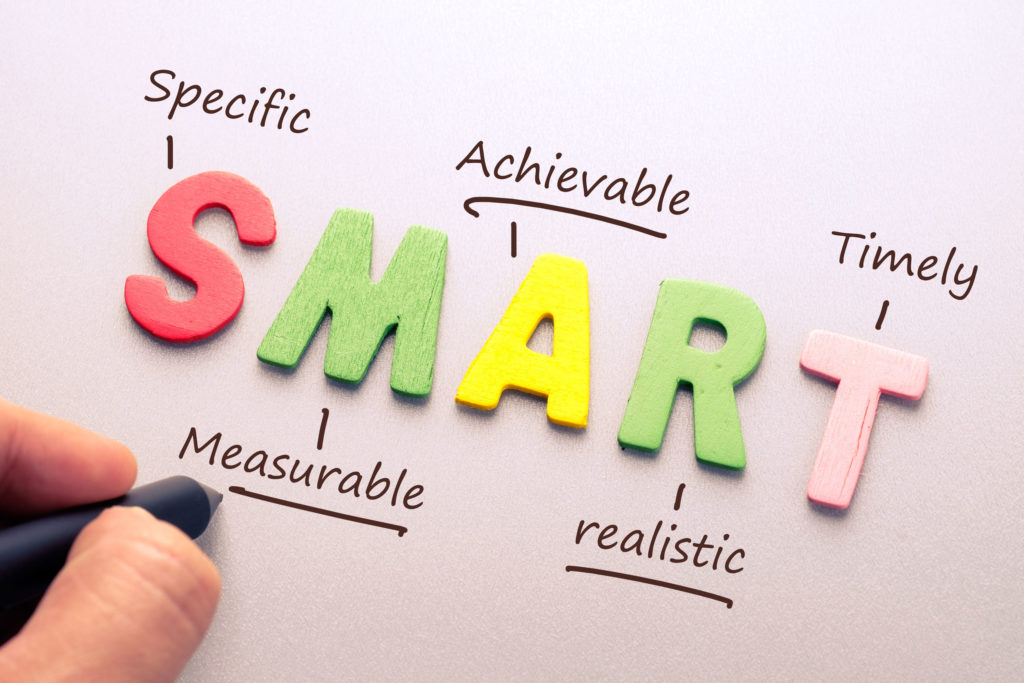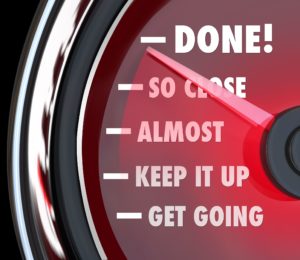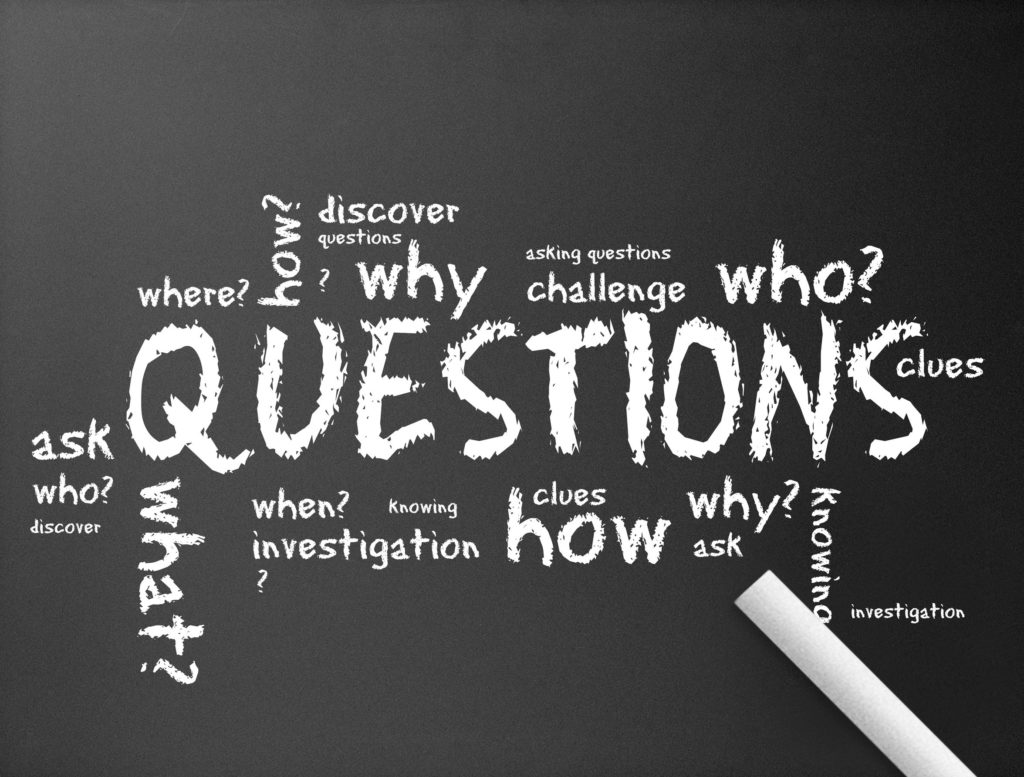Podcast: Play in new window | Download
Subscribe: RSS
“Setting a goal is not the main thing. It is deciding how you will go about achieving it and staying with that plan.” – Tom Landry
Goal setting can occur at any time of the year. People seem to think that New Year’s resolutions or goals are only set when the clock strikes midnight; however, the resolutions are things that you’re wishing to happen there are no definite measurements or time frame in which you wish to achieve it. There’s no game plan. It is simply an announcement of something you wish to resolve.
Interested versus committed. Some people steer away from setting goals for the fear of truly making a commitment. One of the number one reasons that people fail to meet their goals is that they are more interested in having it happen and actually truly committed to making it happen. Commitment takes discipline, hard work, and even some sacrifice along the way. If you really want to achieve something you must maintain focus on the right things.
Focus on the wrong things. When people set goals, there are times when they set goals that they’re trying to avoid something they end up focusing on what they don’t want. As the saying goes you get more of what you focus on. If you continually put your time, attention, and focus on avoiding what you don’t want, for some reason it always seems to be there. Your focus needs to be on what you want to achieve.
 Don’t know what you want. Another reason people fail to meet their goal is that they lack clarity. They have never stopped and really thought about or reflect on what they truly want in their life. They didn’t think about where their career would take them were what type of legacy that they would like to leave. If you don’t know where you’re going you can end up anywhere. If you’re frustrated you need to change what you’re doing.
Don’t know what you want. Another reason people fail to meet their goal is that they lack clarity. They have never stopped and really thought about or reflect on what they truly want in their life. They didn’t think about where their career would take them were what type of legacy that they would like to leave. If you don’t know where you’re going you can end up anywhere. If you’re frustrated you need to change what you’re doing.
No action plan. Imagine getting into your car. You’re sitting behind the steering wheel you turn on the ignition. You have no idea where you’re going and how you’re going to get there. There are many people out in the world wandering with no real sense of direction and no plan. You can’t get to where you want to go if you don’t have a plan to get there. I’m not saying focus on the how initially. That’s where the clarity came in. You need to know where you want to go and as you focus on what that is. You will become a creative thinker and figure out the “how”. What will it take for you to get to where you want to be? What knowledge skills and ability you have to gain and learn? Who do you need to speak to get more information?
Cannot make a decision. Making decisions is a big part of a person success. Indecisiveness can lead to missing opportunities. Opportunities don’t wait in the wings for when you decide the time is right. People who are ready to take action will seize the opportunity. You need to be prepared to be ready. Way out the facts and trust yourself and your judgment – make a decision.
No emotional connection to the goal. I’ve seen many people set goals that have no meaning to them. Some are chasing it for material wealth and others realize they have no emotional connection to the goal that they had set. The issue is often that someone else set the goal for them. The end up self-sabotaging every action is not truly what they want and are not being true to themselves. You may have faced that internal struggle of doing things that you no longer feel that are important to you or you lack the emotional connection.
Setbacks lead to paralysis. Another painful truth about why people fail to meet their goals are that when a setback occurs they shift into an “all or nothing” thinking. They are devastated by any failure. They fail to see the lesson and self-correct quickly and move forward. These people lose motivation quickly and often give up. They need to rally and put strategies in place that when a setback occurs that they can prepare for the greatest comeback. They need to take the lessons they’ve learned with them.
Playing it safe. When you avoid taking risks you miss out on opportunities of growth and challenge. I’m not saying put all that eggs in one basket. Do your due diligence it is important. Too many people fail to take a risk because they haven’t assessed and analyzed any of the information available to them they simply just brush it off. Sometimes it takes only one action that can propel you so much farther than you ever have before if you’d only stop and take the time to learn what you need to learn and make a decisive decision.
Comparing yourself to others is a trap! The other painful truth is that comparison trap. We often catch ourselves comparing ourselves to others thinking that there is so much farther ahead – where they have the skill or something that you would like to have. Everyone in life faces challenges you are not unique in that aspect. They might not display it to the world especially through social media which is always everybody’s greatest day. Focus on your own strengths and what you have to offer. You can learn from others but don’t compare where you’re at to or someone else’s is you don’t know the other person struggle.
There is no magic wand or silver bullet to success! You need to stay driven and committed to your goals. You need to be clear on what it is you truly want, make a decision, and a plan to make it become your reality. It is time to end the frustration and disappointment of not meeting your own expectations.
We would love to have you subscribed to the Success Secrets newsletter on my website at www.debrakasowski.com where you’re going to get us free MP3 download 10 Surefire Strategies to Power Up Your Productivity and Performance. I would love to hear about this podcast has impacted your life. E-mail me at Debra@DebraKasowski.com. Thank you for listening to The Millionaire Woman Show where we talk about leadership, business, and human potential to help you live rich from the inside out. Subscribe to The Millionaire Woman Show. Share it with Your Friends. Give us a 5-star rating!
DEBRA KASOWSKI, BScN CEC is an award-winning best-selling author, transformational speaker, blogger, and Certified Executive Coach. She has a heart of a teacher and is certified in Appreciative Inquiry and Emotional Intelligence. Her writing has been published in a variety of print and online magazines. Debra Kasowski International helps executives, entrepreneurs, and organizations boost their productivity, performance, and profits. It all starts with people and passion. Sign up the Success Secrets Newsletter and get your free mp3 download today! www.debrakasowski.com
Time: 11:20 min






 Don’t let the fear of asking questions hold you back from getting the answers you need to make a decision. People naturally want to help others and your questions may even help them think about better solutions and different actions that can be taken.
Don’t let the fear of asking questions hold you back from getting the answers you need to make a decision. People naturally want to help others and your questions may even help them think about better solutions and different actions that can be taken.